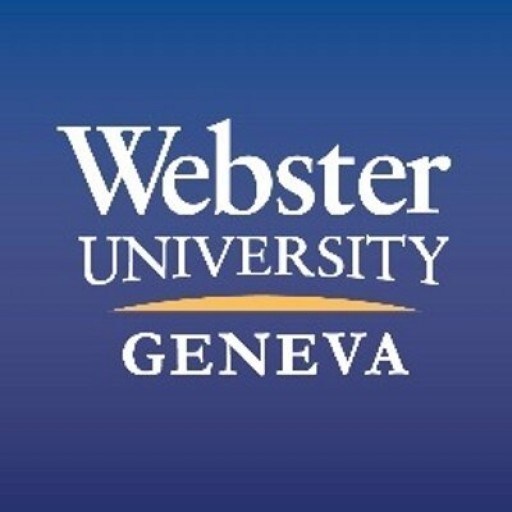Advertisement
Through shared courses with the MBA program, you will learn core business functional skills. Our expert professors will also give you tools and techniques for leading, motivating, and managing groups and teams. You will gain practical experience and insights from their extensive management experience, as well as through current case studies, prominent guest speakers, and projects based on real business situations. Group projects with people from diverse backgrounds will additionally provide cross-cultural experience that is highly valued in todays international business world.
This unique mix is provided by an accredited American University with a long and rich experience in business and management education. Open to people of all backgrounds and experience, the flexible program can be tailored to your own interests and allows you to easily combine work and study.
The core program covers:
* Strategic management
* Managerial leadership
* Organizational behavior
* Organizational development and change
* Human resources processes
* Basic finance
The program can be tailored to your own interests and allows you to easily combine work and study.
Management (Requisite Course)
In this course, the student is introduced to the basic concepts of management and organizations. Primary emphasis is given to three primary functions: planning, organizing, and controlling. Additional topics include: organization theory, the global environment, ethics, and decision making.
Managing Human Resources
This course is a comprehensive view of personnel policy development with emphasis on the interdependence of personnel and operating functions. Students analyze personnel functions of recruitment, development, training, compensation, integration into the workforce, and maintenance of personnel for the purpose of contributing to organizational, societal, and individual goals.
Organizational Behavior
This course introduces students to many of the basic principles of human behavior that effective managers use when managing individuals and groups in organizations. These include theories relating to individual differences in abilities and attitudes, attribution, motivation, group dynamics, power and politics, leadership, conflict resolution, organizational culture, and organizational structure and design.
Management and Strategy
Strategic management refers to long-term managerial decisions and actions that shape the organization's pursuit of competitive advantage. This course introduces the concepts and processes underlying environmental scanning, and strategy formulation, implementation and control. Students then apply this knowledge in case analysis. The course also addresses the roles of leadership and coordination in successful strategizing.
MNGT 5670 Managerial Leadership
Organizational leadership is the process of influencing other people to achieve organizational goals. This leadership course reviews and builds upon the basic knowledge of leadership provided in an introduction to organizational behavior course by expanding the scope and depth of the student's knowledge of leadership theories, by providing practice in basic leadership skills, and by developing the student's self-knowledge of his or her preferred leadership styles.
HRDV 5630 Organization Development and Change
Organization development (OD) is the process of planning and implementing interventions to create interpersonal, group, inter-group, or organization-wide change. This course presents the theoretical foundations of organization development as an applied behavioral science. Students will also be introduced to many types of interpersonal, intra-group, inter-group, and organizational interventions that are used to effect comprehensive and lasting changes.
BUSN 5200 Basic Finance for Managers
Managers and human resources management professionals must be able to understand financial information contained in financial statements and reports. Line managers must be able understand financial information contained in financial statements and reports in order to evaluate their unit's financial performance, to communicate clearly with other managers, and to apply financial information when making decisions. Human resources management professionals must understand financial statements and principles if they are to effectively assist line managers and be strategic partners with other business functions. This course will focus on the interpretation and use of basic financial information by non-financial managers, not on the production of financial statements and reports. (FINC 5000 cannot be substituted for BUSN 5200.)
MNGT 6000 Integrated Studies in Management
In this capstone course, the student is expected to synthesize and integrate the conceptual and theoretical knowledge and understanding acquired in the curriculum by use of case study analysis, a research project, or management plan. The emphasis is on the student's development of written analytic material that can be utilized for program assessment as well as individual student assessment. Prerequisite: completion of all other required courses in this major.
Want to improve your English level for admission?
Prepare for the program requirements with English Online by the British Council.
- ✔️ Flexible study schedule
- ✔️ Experienced teachers
- ✔️ Certificate upon completion
📘 Recommended for students with an IELTS level of 6.0 or below.
Accreditation
Webster University is accredited in the United States by the Higher Learning Commission of the North Central Association. The accreditation was first awarded in 1925 and includes undergraduate and graduate levels at all locations where the University offers programs.
The George Herbert Walker School of Business and Technology provides business education enabling real world success for students through an application-based curriculum and supportive environment. All business programs are accredited by the ACBSP (











